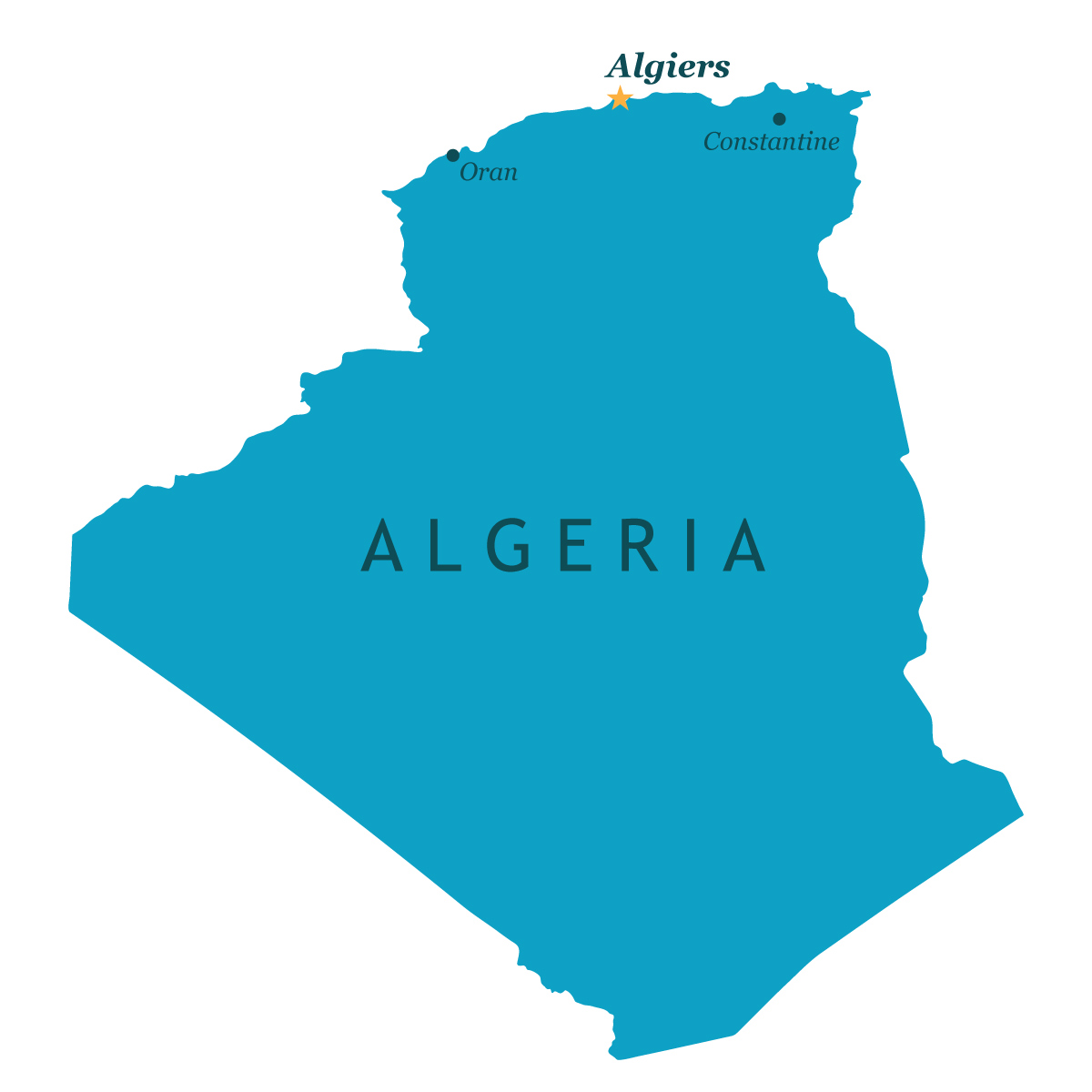
Algeria
Algeria is the largest country in Africa by land, consisting of green mountains, fertile rivers, and the renowned Sahara desert. The country is home to various ethnic groups with rich cultures and traditions that impact the local cuisine. Grab your kids and let’s learn about Algeria!
QUICK STATS
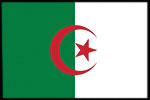
Situated in North Africa, Algeria borders Tunisia to the northeast; Libya to the east; Niger to the southeast; Mali, Mauritania, and Western Sahara to the southwest; and Morocco to the west. To the north, Algeria is bordered by the Mediterranean Sea.
A brief history for kids to learn about Algeria
Archaeologists believe Algeria has been inhabited by humans for approximately 2 million years. There are many significant prehistoric sites that they have found in the area.
Algeria’s Neolithic period, which started around 11,000 BC lasted until 2,000 BC, when the mixture of different people that inhabited North Africa coalesced into a distinctive native population, nowadays called “The Berbers”.
As Carthage (nowadays in Tunisia) became a center of power around 600 BC, Carthaginian Phoenicians expanded their rule to modern-day Algeria. With the ruling elite of Carthage being Phoenician (of Levantine origin), Levantine social and cultural influences also reached indigenous Berber groups that lived in the interior of the Sahara.
By 24 BC, the Roman Empire annexed most Berber territories. They maintained control of the area for centuries. The city of Numidia was a principal center of power.
After the collapse of the Western Roman Empire, a Berber kingdom was established in modern-day Altava, named the Mauro-Roman Empire.
With the expansion of the Muslim Caliphates in the 7th and 8th centuries AD, Algeria became a part of the Fatimid Caliphates. [As local Zirid governors seceded, the Fatimid sent Arab tribes to settle in the area and harass the native population.] The locals submitted to the Arab tribes and adopted much of their costumes and traditions.
Most of Algeria’s population converted to Islam in the 10th century AD and most of the Christian population left the area by the 11th century, making Algeria predominantly Muslim.
The Berber Zayyanid dynasty ruled Algeria between the 13th-16th centuries and at times, managed to extend their rule to present-day Tunisia and Morocco.
The French colonized Algeria in 1830 and soon enough, tens of thousands of French and other Europeans immigrated to the new colony, confiscating land from tribal people and using western technology to develop Algeria’s agriculture.
Algeria in more recent history
By the beginning of the 20th century, Europeans made up about 20% of Algeria’s population and became a demographic majority in cities such as Algiers and Oran.
A local uprising against the French rule gradually began in the 1940s and eventually led to the Algerian War in 1954, resulting in hundreds of thousands of Algerian casualties. The war ended in 1962 with Algeria gaining complete independence.
When the Islamic Salvation Front was about to win the elections of 1991, the current government canceled the elections, fearing the rise of an Islamic regime. As a result, armed Islamic groups formed and conducted civilian massacres.
Under international involvement, new elections were held in 1999. Political and social stability was gradually restored. The elected president, Abdelaziz Boutefilka, served in the role for 20 years until his resignation in 2019.
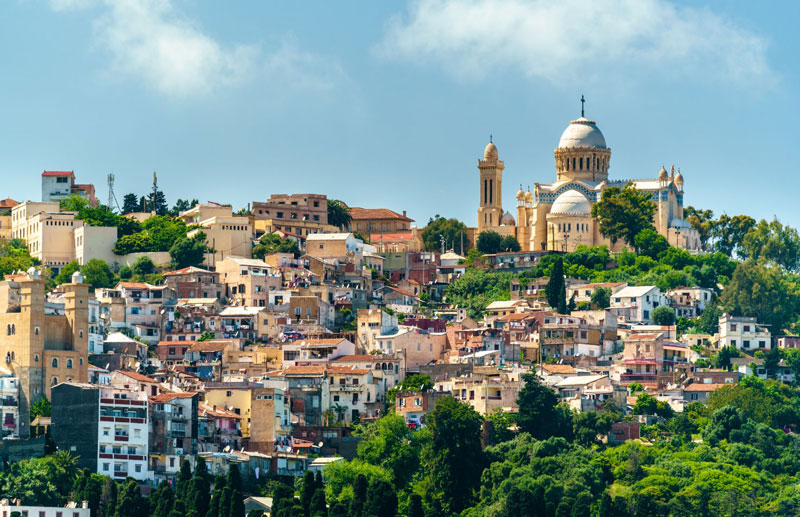
Fun facts about Algeria for kids
- Since the Algerian government has huge subsidies for petrol, buying petrol (gasoline) in Algeria is cheaper than buying water.
- With most Algerians residing in the more fertile north and along the Mediterranean coastline, 90% of Algeria is uninhabited.
- Despite being a relatively conservative country, women in Algeria make up 60% of the student population and have considerable prominence in Algerian society, especially in the country’s courthouse.
Algerian food
Algerian Cuisine is a North African and Mediterranean cuisine by its nature and shares many similarities with neighboring cuisine, due to millennia of cultural interchange. The cuisine has deep Berber roots that can be noted in Algerian cooking techniques, dining etiquette, and staple foods.
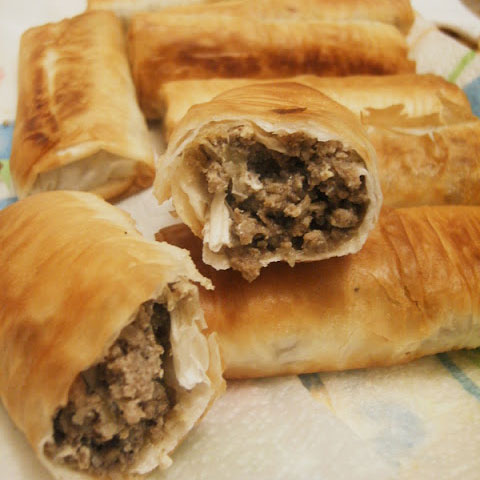
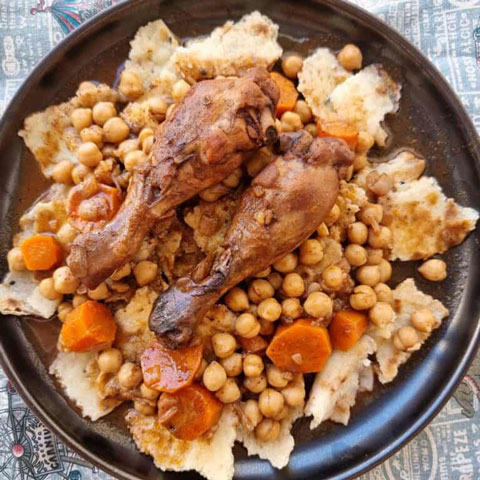
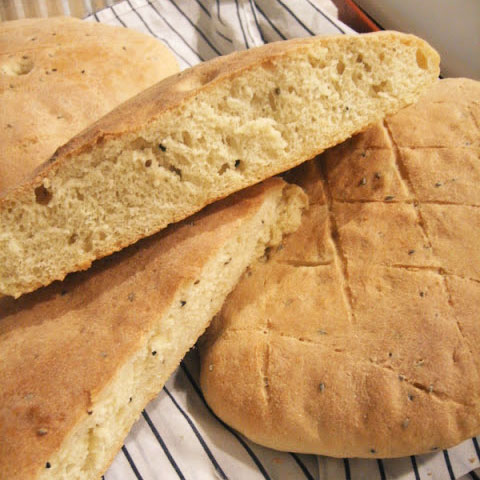
What do Algerians eat? Facts for kids to learn about mealtime in Algeria.
Being a Mediterranean and a North African country, legumes, vegetables, olive oil, and couscous play a large role in Algerian daily cuisine. Poultry, fish, and red meat such as beef and lamb are common as well.
Breakfast (9-10 am) وجبة فطور (wajabat ‘iiftar)
Most Algerians would start their day with bread like kesra flatbread.
A light and sweet baghrir (honey-soaked pancakes) or sfenj (doughnuts) are also common with coffee or mint tea. (Both dishes are regional and also very popular in Morocco.)
Shakshouka a dish with eggs (that originated in Tunisia) is another popular and savory breakfast option.
Lunch (around 1 pm) غداء (ghada’)
Being the main meal of the day for most people, an Algerian lunch would typically consist of a main dish of rice, pasta, or couscous with meat and vegetables. You will find dishes like tajine zitoune (a chicken and green olive stew) and couscous royal (couscous with meat and vegetables).
Algerians often consume mint tea and sweets after the meal.
Dinner (between 6-8 pm) عشاء (easha’)
Dinner in Algeria is often a lighter version of lunch. People may eat a stew or a soup with a salad and yogurt. Often, soup will be served with bourek (an Algerian spring roll).
Food etiquette in Algeria
Algerians usually eat meals while sitting on the floor, with the food served on a low table.
People traditionally eat using the thumb, index finger, and middle finger of the right hand. Using more fingers is considered to be a sign of overeating and should be avoided.
Before starting the meal, the host may offer a bowl of perfumed water for guests to wash their hands.
Algerian food by region
You will find Algerian staple dishes such as shakshouka, couscous, and tagine all around the country. However, every region of this vast land is known for its own culinary heritage. This includes unique variations of popular Algerian dishes, as well as local specialties found only in a specific area.
When learning about Algeria with kids, learning about some of the regions can help highlight the rich cultural diversity of the country.
Chaoi Cuisine
The Chaoui people are native to Northeastern Algeria, inhabiting the fertile Aures Mountains. The area is known for dishes such as assafra, a sweet delicacy of ground almonds and red meat. Here you will also find bounarine, a type of gratine made from ground lamb and egg.
Chorba frik is a crushed wheat soup native to northern regions of Algeria. This warming soup is particularly common during the months of Ramadan.
Kabyle Cuisine
The Kabyle are the second largest Berber group in North Africa and the largest in Algeria. They hold on to a unique culture and cuisine, which uses semolina in many forms.
A notable dish from the area is aftir oukessoul, a hearty stew served over rolled semolina strips. Also, you will find tikourbabine, a dish of semolina balls in a red, spicy sauce.
Chakhchoukha, semolina strips and meat in a tomato sauce (not to be confused with the eggs in sauce chakchouka) is a common dish of this cuisine as well.
Oran
Even though the Spaniards left most of Algeria by the 16th century, the city of Oran stayed under Spanish rule for centuries after. During French colonization, the city also experienced a large French immigration.
As a result, some dishes of European origin have taken shape in Oran over the years. Gaspacho Oranais, an Algerian version of Spanish Torta De Gazpacho, and creppone, a unique lemon sorbet, are both local specialties of Oran.
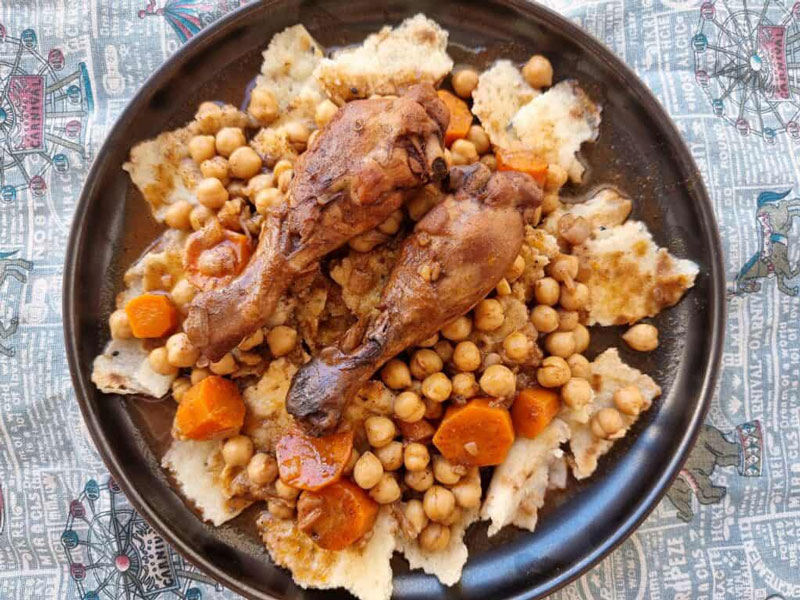
Holidays in Algeria
Algeria’s most notable holidays are either of Islamic origin or a celebration of more recent, national events. Nevertheless, due to Algeria’s ethnic diversity, some local holidays and cultural events are celebrated only in certain regions.
Dive into learning about one or more holidays in Algeria with your kids – it will help them to get a better picture of the culture. We all love a good celebration!
Independence Day (July 5)
Celebrated every 5th of July, this day marks Algeria’s independence from France after an eight-year war. On that day, Algerian flags are proudly displayed all around the country. Cultural events, parades, and concerts are held. Music, dance, and art celebrating Algerian culture and heritage are a large part of the celebration.
Eid Ul Adha (Date varies)
Meaning “the celebration of the sacrifice,” Eid Ul Adha is the second of the two main holidays celebrated in Islam. It celebrates the moment when Abraham was willing to sacrifice his son to God. Accordingly, a large symbolic feast is held.
Traditionally, a lamb is slaughtered and later grilled or cooked into stew. The dish is distributed between everyone in the family. During the weeks before the holiday, families have to buy specific equipment for grilling and cooking, as well as special spices.
You can’t have a celebration without sweets! In Algeria, Tcharek elAryen (almond cookies) are a loved treat!
S’Biba Du Djanet (Date varies October-November)
This annual festival is held in Djanet, a province in the southeast of the country, during the Islamic month of Ashura. It celebrates the pact of peace signed by two Touareg tribes after a long-standing warfare.
People of this region dress in their finest traditional costumes and musicians and dancers perform folk concerts.
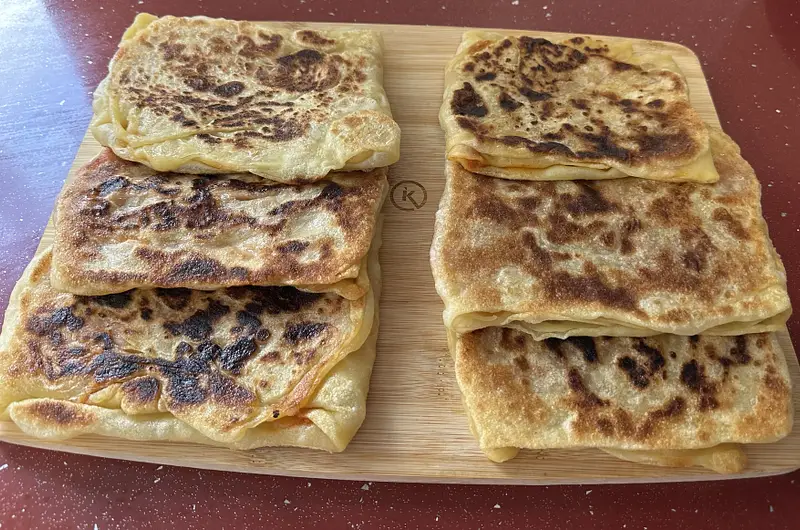
At-home ideas for kids to learn about Algeria
As a part of your homeschool Algeria unit study or as a supplement to your child’s Africa unit at school, try some of these ideas at home!
- Mhadjeb is a stuffed flatbread popular in Algeria. Gather the kids in the kitchen and make this tasty Algerian dish!
- The next time your kids ask for French fries – try Algerian maakouda instead! Kids will love helping to make these crispy potato fritters. If you’re feeling traditional, you can serve them on a baguette – a potato fritter sandwich- like they do in Morocco, Tunisia, and Algeria.
- Use Language Drops to learn a few words in Arabic or Word Hippo to look up the pronunciation of specific words.

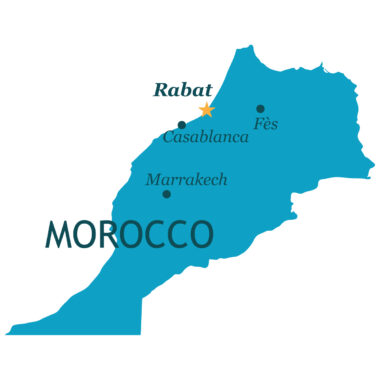
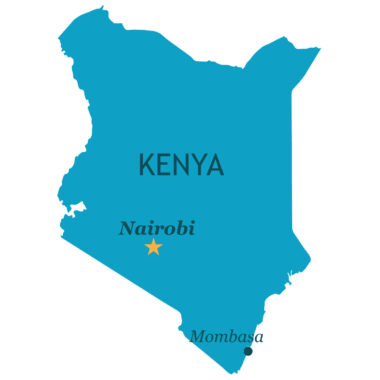
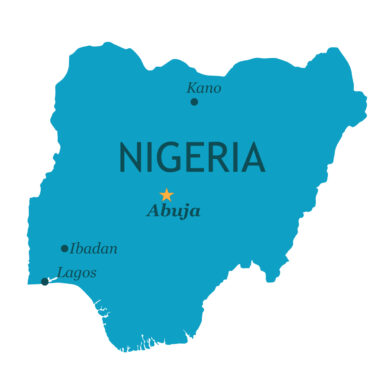


Have a Question/Comment?